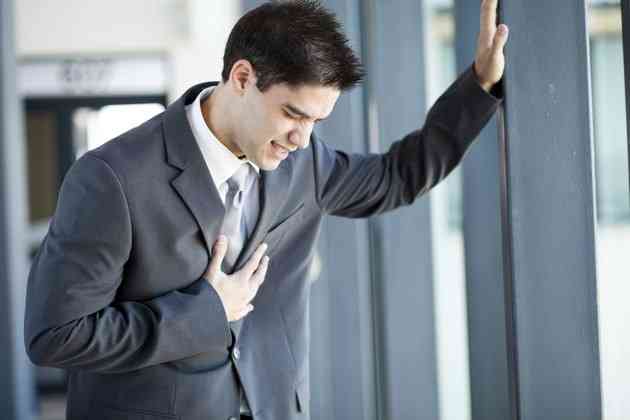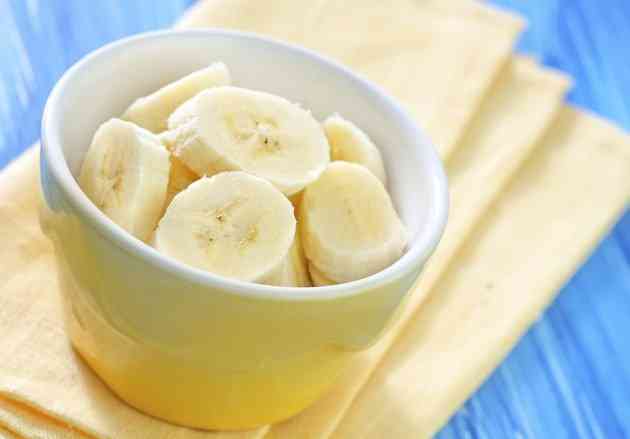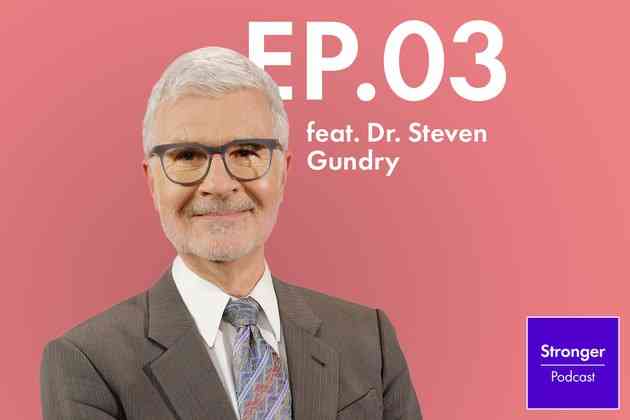Your Chest Hurts When You Swallow Food, Drink or Burp

When you swallow foods or liquids, they pass from your mouth to your stomach through a tube called the esophagus. With a burp, air from your stomach rises through the esophagus to reach your mouth. However, your esophagus is not just a passive conduit that allows the back-and-forth transfer of substances. It is an active, muscular organ that contracts to push materials in the appropriate direction and contains nerve fibers that communicate with your brain. Various problems with your esophagus can cause chest pain when you swallow or burp.
 A young businessman is holding his chest. (Image: michaeljung/iStock/Getty Images)
A young businessman is holding his chest. (Image: michaeljung/iStock/Getty Images)Disorganized Esophageal Motion
The wave-like muscular activity that propels material through your esophagus is normally coordinated to provide the most efficient “stripping” of food and fluid toward your stomach. In fact, at least 3 successive waves of contraction follow each swallow to ensure esophageal emptying. Several disorders of muscular activity, collectively called esophageal motility disorders, can interfere with esophageal emptying. Some of these disorders, such as a condition called “nutcracker esophagus,” are characterized by painful esophageal spasms typically felt behind your breastbone.
Esophageal Narrowing
If a portion of your esophagus becomes narrowed or inflamed -- a problem that sometimes occurs with chronic gastroesophageal reflux disease, or GERD -- you may feel pain whenever you swallow or burp. You could also experience the sensation that food is sticking in your esophagus. Some immune disorders, such as scleroderma, can cause stiffness or constriction of your esophagus, leading to painful, difficult swallowing.
Esophageal Injuries
If you recently swallowed something sharp or irritating, just went through a bout of vomiting or had a pill stick in your esophagus, you may have injured its inner wall. Many of these injuries are minor and go away on their own, but they can cause pain with swallowing or burping for several days. GERD can cause chronic or recurrent injury to the lower part of your esophagus. A December 2010 study report published in the “Journal of Gastroenterology and Hepatology” noted a link between GERD and chest pain. An August 2008 review in “American Family Physician” reports that up to 50 percent of people with chest pain that is not due to heart disease have GERD.
Precautions
Chest pain associated with swallowing or burping is a worrisome symptom. Serious conditions such as GERD, dysmotility syndromes, immune disorders or even cancer can present this way. If you can recall a distinct episode when you might have injured your esophagus, it is reasonable to wait a couple of days to see if your symptoms improve. However, if your pain lasts more than a few days, food seems to be sticking in your esophagus or your pain worsens, see your doctor as soon as possible.
If your pain is accompanied by possible symptoms of a heart attack -- such as sweating, shortness of breath, dizziness, fainting or pain that radiates to your arm, shoulder or jaw -- seek emergency medical attention.




